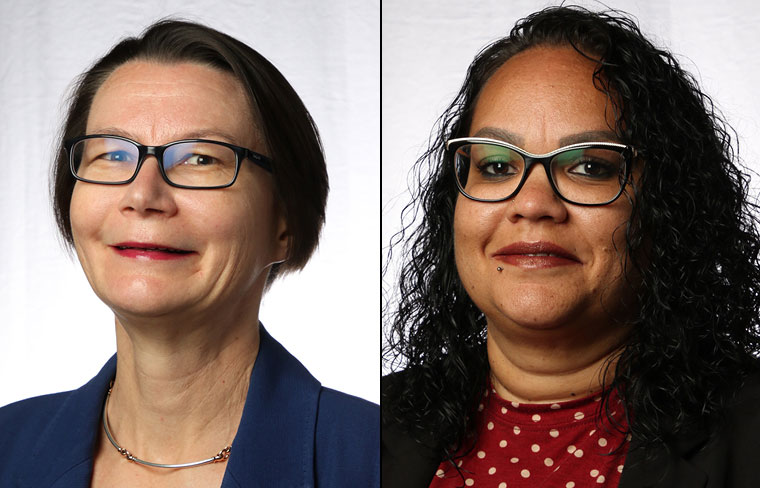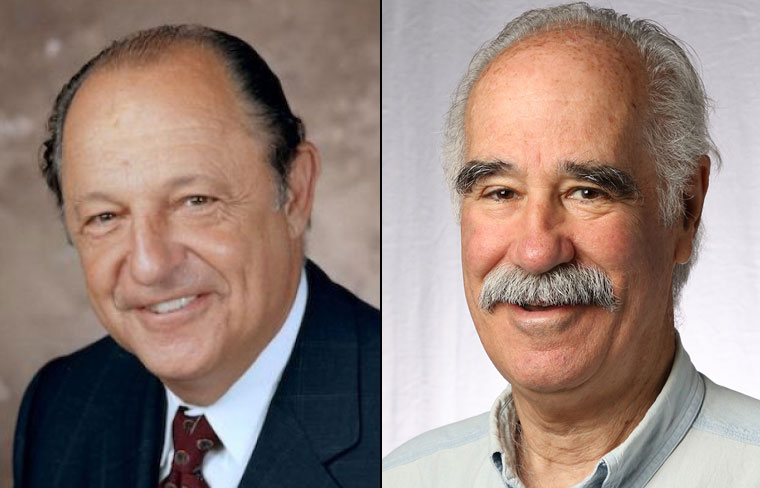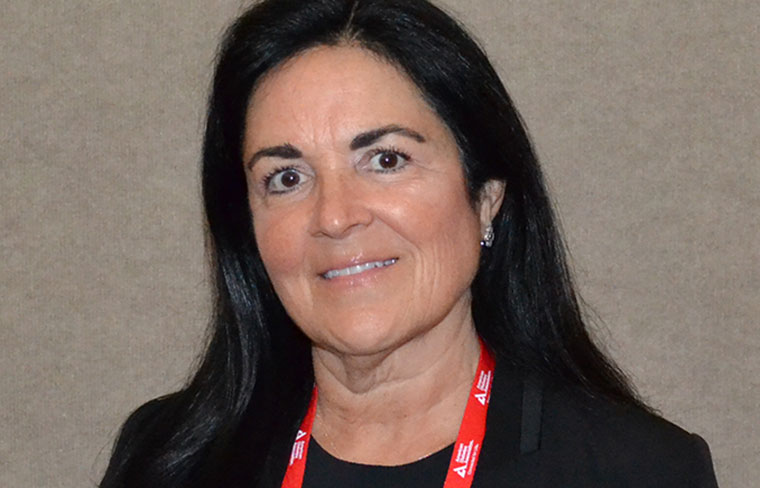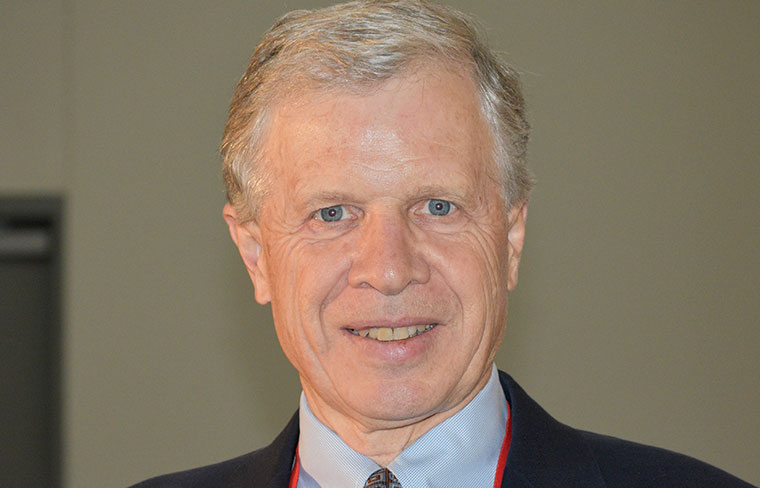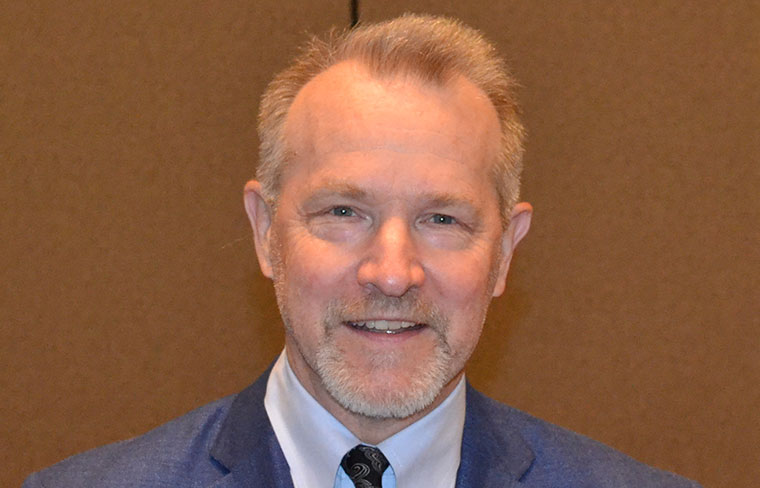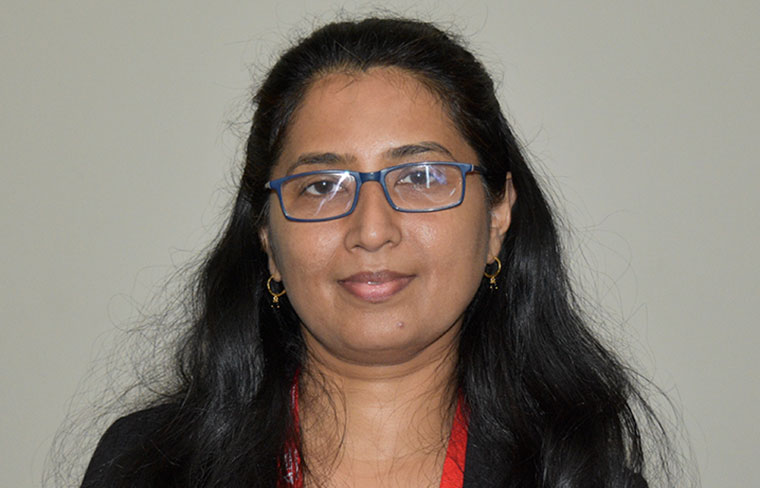-
Global health experts discuss how inequity fuels international diabetes trends
New statistics indicate that more than 1.31 billion people across the globe could be living with diabetes in the next 30 years. In a special symposium on how inequity contributes to the significant growth in this population, Louise J. Maple-Brown, MBBS, FRACP, PhD, and Sian Graham, BAppSc, discussed how select social determinants of health impact…
-
Debate weighs the efficacy of initial combination therapy for type 2 diabetes
Ralph A. DeFronzo, MD, and David M. Nathan, MD, debated whether combination therapy or sequential therapy is the most effective regimen for treating type 2 diabetes. Dr. DeFronzo advocated for combination therapy for its ability to efficiently correct multiple pathophysiologic defects. Dr. Nathan countered that sequential therapy is a more verifiable and efficient initial approach…
-
SURMOUNT-2 shows weight loss, A1C reduction in participants with type 2 diabetes
In the SURMOUNT-2 trial, individuals with obesity and type 2 diabetes had a more than 15% reduction in weight and an almost 6% reduction in A1C while taking the dual incretin inhibitor tirzepatide. Researchers, including W. Timothy Garvey, MD, MACE, the trial’s principal investigator, discussed how a weight-focused approach can help treat obesity and type…
-
Positive results in COORDINATE-Diabetes show prescribing habits can be changed
The COORDINATE-Diabetes trial studied the impact of a multifaceted educational intervention for clinical staff on prescription rates for three groups of therapies used to treat type 2 diabetes and cardiovascular disease. “COORDINATE shows that it is possible to change prescribing behavior using a process that is not resource intensive,” said Principal Investigator Christopher B. Granger,…
-
Phase 2 trial results demonstrate benefits of retatrutide in obesity, type 2 diabetes, NASH
Researchers presented results from their studies of the effects of retatrutide on obesity, type 2 diabetes, and nonalcoholic steatohepatitis. “The most interesting reason to pursue glucagon agonism in a multi-receptor agonist is the possibility that you could alter hepatic liver metabolism and potentially decrease fatty acid accumulation and hypertriglyceridemia,” said David A. D’Alessio, MD.
-
Investigators present findings from OASIS and PIONEER oral semaglutide trials
A panel of investigators shared conclusions from two clinical trials studying the efficacy of oral semaglutide in treating diabetes and obesity. “The availability of an oral GLP-1 with weight-lowering efficacy could potentially give people requiring treatment for obesity and their physicians a great option for choice of treatment,” said Julio Rosenstock, MD.
-
Metabolic surgery superior to medical and lifestyle interventions to manage type 2 diabetes long term
ARMMS-T2D showed gastric bypass, sleeve gastrectomy, and adjustable gastric band surgeries to be more effective than intensive medical and lifestyle management for individuals with type 2 diabetes. Anita Courcoulas, MD, MPH, shared results from the prospective, observational follow-up to four trials comparing surgery and medical management.
-
Panelists address current controversies in the primary prevention of macrovascular complications for diabetes patients
Experts including cardiologist Heather M. Johnson, MD, MS, MMM, analyzed the association of hyperlipidemia, hypertension, and glucose levels with macrovascular risk at the 83rd Scientific Sessions. Their discussion focused on a case study of a patient with diabetes and hypertension to determine the best treatment to manage both.
-
Outstanding Scientific Achievement Award winner furthers understanding of the ailing beta-cell in diabetes
Carmella Evans-Molina, MD, PhD, this year’s Outstanding Scientific Achievement Award winner, was first interested in understanding the beta-cell pathways that drive the transition from normoglycemia to dysglycemia to diabetes. Now she is focusing on ways to leverage beta-cell stress to inform type 1 diabetes biomarker development.
-
Studies indicate differences in diabetic kidney disease in type 1 and type 2 diabetes
DKD may look the same clinically in type 1 diabetes and type 2 diabetes, but research suggests there are differences that could influence risk, progression, and treatment for patients with each type of diabetes. “We are looking into molecular pathways and planning direct comparisons between type 1 diabetes and type 2 diabetes to find altered…
